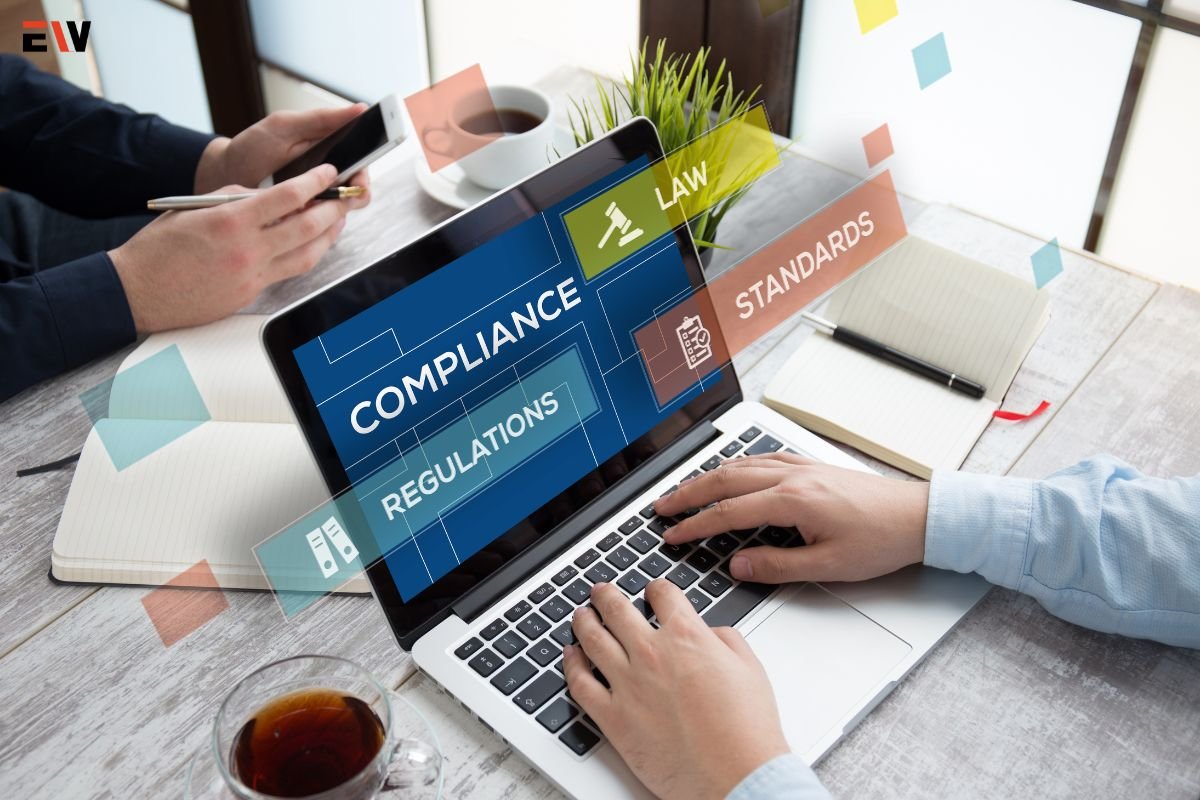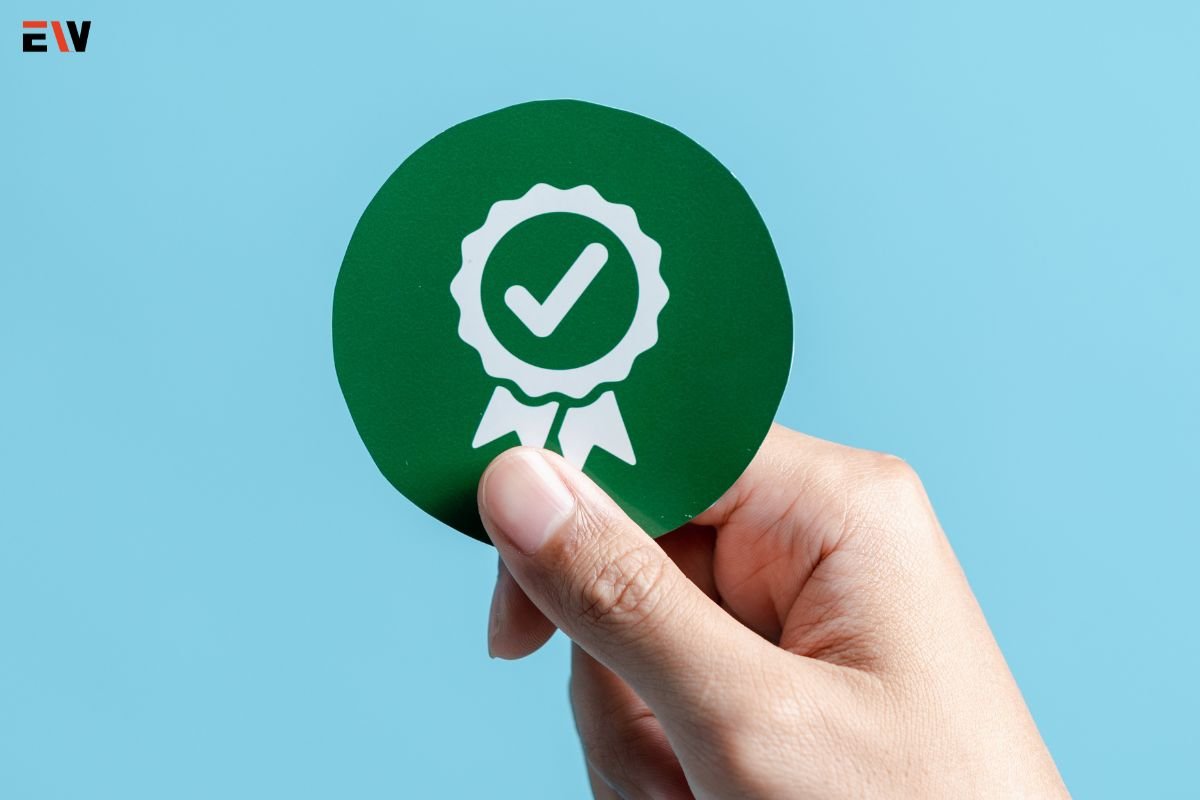As environmental awareness grows, businesses are increasingly seeking ways to demonstrate their commitment to sustainability. Green certification for businesses is one such avenue, offering a credible way for companies to showcase their eco-friendly practices. This guide explores what green certification entails, the benefits of obtaining it, and some of the most recognized green certifications available for businesses.
What is Green Certification?
Green certification is an official recognition awarded to businesses that meet specific environmental standards. These certifications are usually granted by independent organizations that evaluate a company’s practices, products, and operations against a set of criteria designed to minimize environmental impact. The goal is to encourage sustainable practices and provide a trustworthy signal to consumers that a business is committed to environmental responsibility.
Benefits of Green Certification for Businesses
1. Enhanced Brand Reputation
Achieving green certification can significantly enhance a company’s reputation. Consumers are increasingly favoring brands that demonstrate a commitment to sustainability. A green certification for businesses serves as a powerful marketing tool, attracting eco-conscious customers and differentiating a business from its competitors.
2. Operational Efficiency
The process of obtaining green certification often involves improving energy efficiency, reducing waste, and optimizing resource use. These improvements can lead to significant cost savings and operational efficiencies. By adopting sustainable practices, businesses can reduce their environmental footprint while also lowering operational costs.
3. Regulatory Compliance
Green certification for businesses can help stay ahead of environmental regulations. By meeting the stringent standards required for certification, companies can ensure they are in compliance with current laws and better prepared for future regulatory changes.
4. Competitive Advantage
In many industries, green certification can provide a competitive edge. Businesses with certification can bid on projects or enter markets that require or prefer certified suppliers. Additionally, certification can open up opportunities for partnerships with other environmentally conscious companies.
5. Employee Satisfaction

A commitment to sustainability can also boost employee morale and attract top talent. Many employees take pride in working for a company that values environmental stewardship. Green certification can enhance a company’s reputation as a responsible and desirable employer.
Popular Green Certifications for Businesses
1. LEED (Leadership in Energy and Environmental Design)
LEED is one of the most widely recognized green building certification systems in the world. Administered by the U.S. Green Building Council (USGBC), LEED certification is available for buildings and communities that meet high standards of energy efficiency, water conservation, and sustainable site development.
2. B Corp Certification
B Corp Certification is awarded to businesses that meet high standards of social and environmental performance, accountability, and transparency. The certification process evaluates a company’s impact on its workers, customers, community, and environment.
3. ISO 14001
ISO 14001 is an internationally recognized standard for environmental management systems (EMS). It provides a framework for businesses to manage their environmental responsibilities systematically and sustainably. Certification demonstrates a company’s commitment to reducing its environmental impact.
4. ENERGY STAR
ENERGY STAR certification, managed by the U.S. Environmental Protection Agency (EPA), is awarded to buildings and products that meet strict energy efficiency guidelines. The certification helps businesses save energy, reduce costs, and lower greenhouse gas emissions.
5. Green Seal
Green Seal certification focuses on products and services that meet rigorous environmental standards. The certification process evaluates a product’s life cycle, from raw material extraction to disposal, ensuring minimal environmental impact and promoting sustainable practices.
6. Fair Trade Certification
Fair Trade Certification ensures that products are produced under fair labor conditions and with environmentally sustainable practices. This certification is particularly relevant for businesses in the agriculture, food, and textile industries.
7. Cradle to Cradle Certification

Cradle to Cradle Certification evaluates products based on their sustainability and overall impact on human and environmental health. The certification assesses factors such as material reutilization, renewable energy use, and social fairness.
8. Forest Stewardship Council (FSC) Certification
FSC Certification is awarded to products that come from responsibly managed forests. This certification is particularly important for businesses that use wood, paper, and other forest-based products, ensuring that their sourcing practices do not contribute to deforestation or habitat destruction.
9. WaterSense
WaterSense, another program managed by the EPA, certifies products and services that help conserve water. This certification is particularly relevant for businesses in industries that consume large amounts of water, such as agriculture, manufacturing, and hospitality.
10. Global Organic Textile Standard (GOTS)
GOTS certification ensures that textiles are made from organic fibers and meet strict environmental and social criteria throughout their production process. This certification is essential for businesses in the textile and apparel industries that want to demonstrate their commitment to sustainable and ethical practices.
How to Obtain Green Certification
1. Research and Choose the Right Certification
The first step in obtaining green certification for businesses is to research the various options available and choose the one that aligns best with your business goals and industry. Consider the specific standards and criteria of each certification and how they apply to your operations.
2. Conduct a Self-Assessment
Before applying for certification, conduct a self-assessment to identify areas where your business already meets the required standards and areas that may need improvement. This step helps you prepare for the formal evaluation process.
3. Implement Sustainable Practices
Based on your self-assessment, implement the necessary changes to meet the certification standards. This may involve adopting new technologies, improving resource management, and revising operational procedures.
4. Apply for Certification
Once your business meets the required standards, submit an application to the certifying organization. This typically involves providing detailed documentation of your practices and may include an on-site audit or inspection.
5. Maintain Compliance

After achieving certification, it is important to maintain the standards and practices that earned the certification. Many certifications require periodic reviews or audits to ensure ongoing compliance.
Conclusion
Green certification for businesses is a powerful tool to demonstrate their commitment to sustainability and environmental responsibility. By obtaining certification, companies can enhance their brand reputation, achieve operational efficiencies, comply with regulations, and gain a competitive edge.
With a variety of certifications available, businesses across different industries can find a program that aligns with their sustainability goals and showcases their eco-friendly practices. As the demand for sustainable business practices continues to grow, green certification will play an increasingly important role in shaping the future of commerce and industry.










